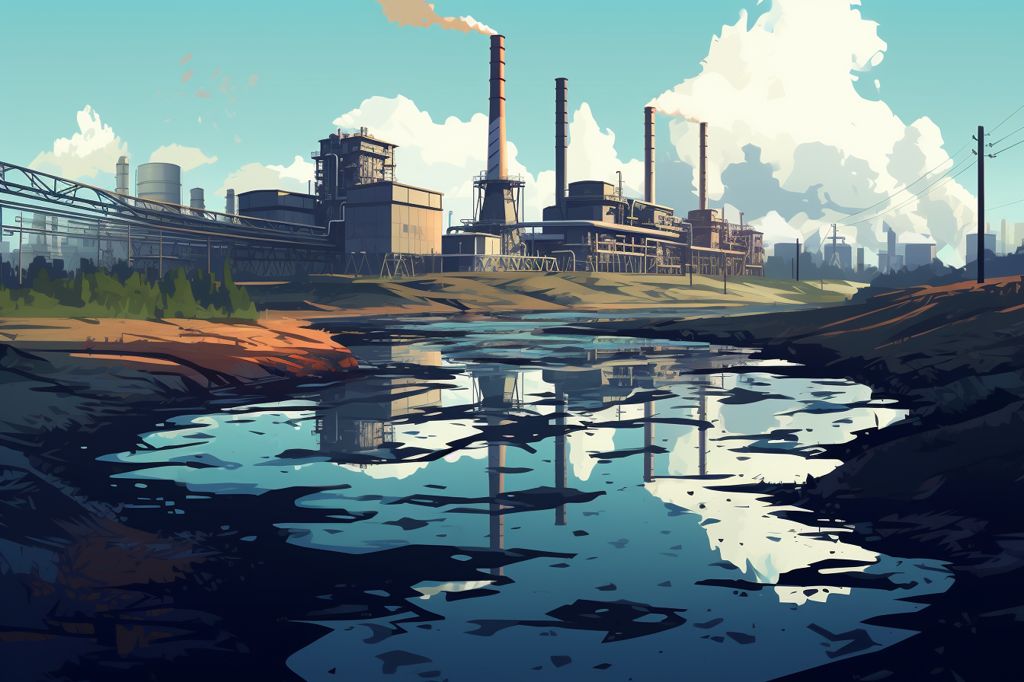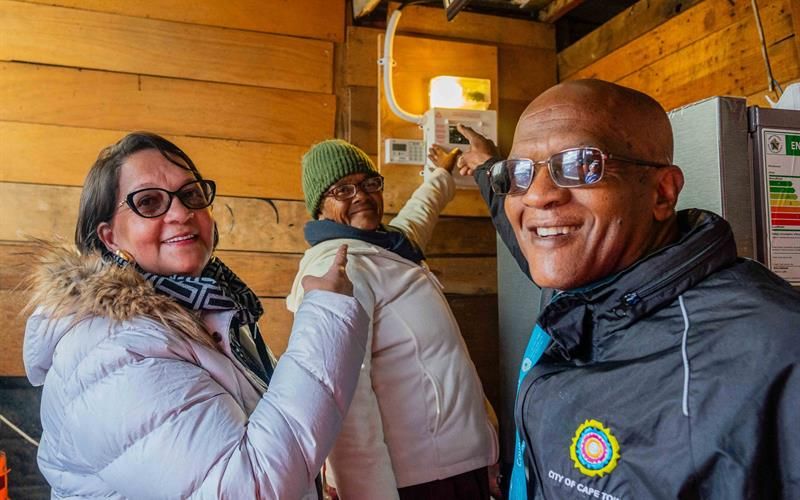The issue of river pollution caused by municipal wastewater treatment plants is a pressing concern in South Africa. The Department of Water and Sanitation (DWS) has recognized the urgency of addressing this issue and has launched several initiatives to mitigate the problem.
Declining Performance of Municipal Waste Water Treatment Systems
According to the DWS’s Green Drop report in 2022, numerous municipal wastewater treatment systems are in critical condition, which implies that effluent discharged from these plants fails to meet the specified treatment levels, leading to the pollution of rivers. The Vaal River is one of the most polluted rivers in South Africa, as revealed by AfriForum’s expanded testing scope.
Cholera Outbreaks and Sewage Pollution
Cholera outbreaks are primarily caused by the consumption of sewage-polluted water or fecal-oral transmission. Sewage pollution of rivers can introduce cholera bacteria into the water through the feces of infected persons.
DWS’s Initiatives to Address the Issue
To address the issue of river pollution caused by municipal waste water treatment plants, the DWS has launched several initiatives. Firstly, it has agreed on action plans to mitigate infrastructural deficiencies in numerous poorly performing municipalities. The DWS is supporting municipalities with funding from the Water Services Infrastructure Grant (WSIG) and the Regional Bulk Infrastructure Grant (RBIG) to address these shortcomings. Secondly, the DWS is taking regulatory action under the National Water Act, including issuing non-compliance notices, directives, initiating civil action, and, as a last resort, filing criminal charges against polluting municipalities. Lastly, the DWS is drafting amendments to the Water Services Act, with the aim of strengthening its role as the regulator of municipal water and sanitation services.
Importance of Drinking Safe Water
The DWS urges the public to refrain from consuming raw, untreated water from rivers, dams, and streams, as it is not suitable for human consumption. Adhering to the guidelines set forth by the National Institute for Communicable Diseases is crucial for ensuring the safety of drinking water.
Municipalities’ Responsibility to Test Drinking Water
Municipalities are legally obligated to test treated drinking water before supplying it to communities. Provided that municipalities conduct these tests as required and the results meet the standards established by the South African Bureau of Standards, the drinking water can be considered safe.
The DWS’s initiatives to mitigate the pollution of rivers by municipal waste water treatment systems are crucial for ensuring the safety and well-being of the population and the conservation of the country’s water resources. The importance of adhering to guidelines for safe drinking water and the responsibility of municipalities to test drinking water cannot be overstated.








